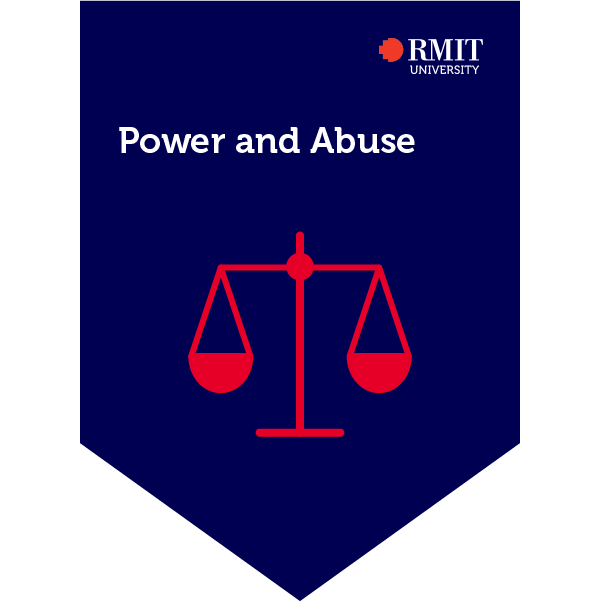Overview
THIS STUDENT CRED IS PAUSED/RETIRED
People in need of aged or disabled care are in an incredibly vulnerable position – and it’s distressingly common for them to have negative experiences with the system, ranging from feelings of loss of self-identity to experiences of neglect, abuse or aggression. If you’re seeking a career in care, it’s vital to have the skills to recognise and prevent those kinds of harmful situations – so that you can provide the best level of care possible.
This course gives you an understanding of the uneven power relationships that exist in the care industry, and how – in the wrong conditions – it can create the environment for abuse and neglect. You’ll learn strategies to prevent abusive situations forming, and how to advocate for people when you see abuse or neglect in action.
Skills and learning outcomes
- Describe different forms of power
- Describe the different ways power is exerted within a social services organisations
- Describe the role of power in the relationship between support workers and service users
- Identify different forms of abuse – physical, sexual, financial, emotional, verbal and neglect
- Identify how visibility and advocacy prevent abuse
- Explain the relevance of ableism, ageism and microaggression to power and abuse
- Explain how intersectionality supports people to express their varied identities
- Explain how support services can erase identities
- Describe the empowerment circle and how it helps produce better practice
Content
- What is power?
- Personal and cultural impacts on power and behaviour
- Authority relationships
- Power in support interactions
- Managing conflict in support interactions
- Forms of abuse and how they occur
- Visibility and advocacy
- Abelism, ageism and microagressions
- Intersectionality and our multiple identities
- The impact of services on identities
- The empowerment circle
How does it work ?
By completing a series of workplace scenarios and online activities the earner of this credential demonstrated an understanding of the difference kinds of abuse that can arise in care, and how the uneven power dynamic of a care relationship can create the conditions for abuse or neglect. They also showed an understanding of how to empower their clients, using a theoretical framework to create better care practice.






